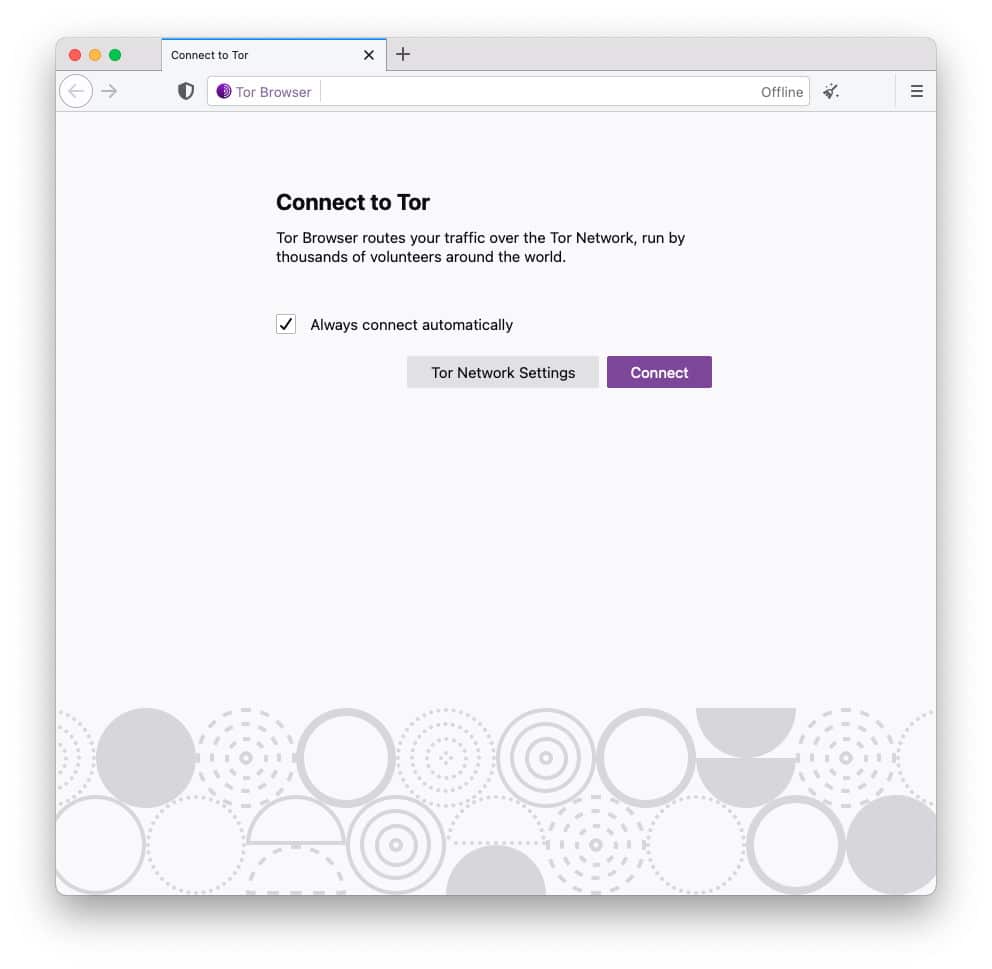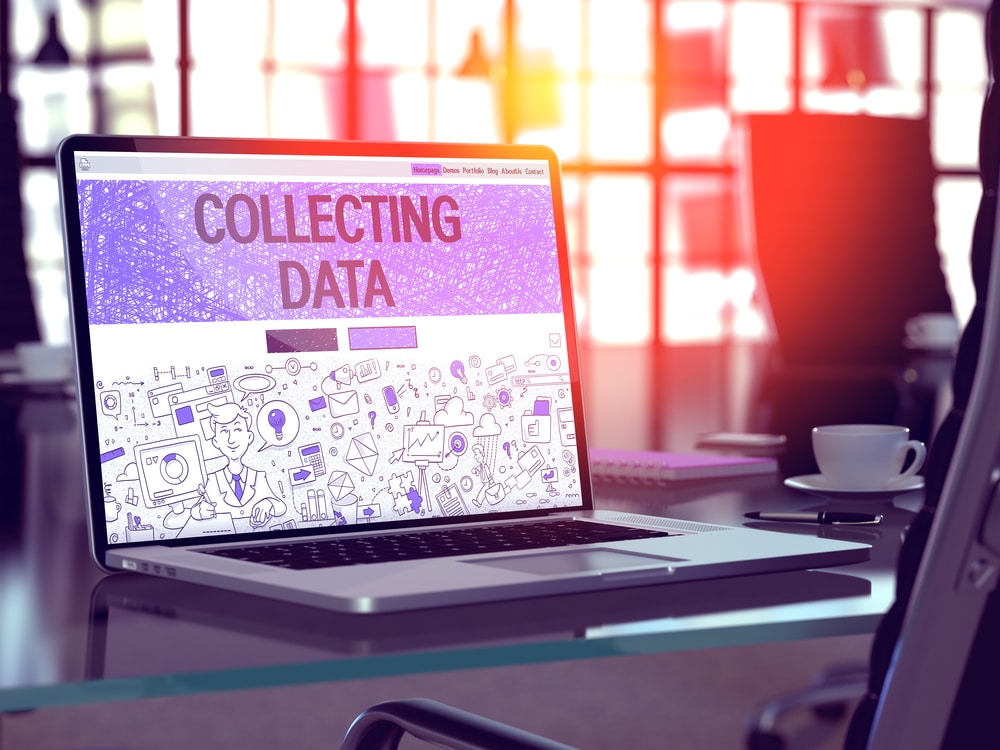
Google is making it easier to hide the searches you want to keep secret
Perform a search using Google, and details of your search are saved in your Google account for posterity -- unless, of course, you take action.
If you want to keep a search to yourself, you could use Incognito mode in Chrome and it will not be saved. Or you could manually delete your search history, although this does mean losing potentially useful historic information; the same is true of the auto-delete option for your online activity. But now there is new option to delete the last 15 minutes of search activity -- just enough to cover your tracks when you need to.

Privacy-focused Google makes 'My Activity' more secure with new verification options
Google tracks you. Yeah, yeah, we all know that. It is nothing new. The truth is, that tracking is both a gift and a curse. True, it isn't a nice feeling to know a company is watching your activity across its services, but at the same time, that tracking allows Google to provide you with a more personal experience. For instance, I choose to let Google track me, and my overall web experience is better as a result.
Thankfully, the search giant does empower its users by letting them limit some of the sharing. And now, Google is making "My Activity" (the page which displays much of this tracking history) more secure. You see, the company is now providing extra verification options when accessing My Activity.

Tor Browser 10.5 is here... and it kills off support for older Onion services
Web users' interest in privacy and security has gradually increased over the years, and demand for secure, anonymity-offering browsers like Tor is also on the up. Now a new version of Tor Browser is upon us, introducing various protection methods.
Perhaps most apparent in Tor Browser 10.5 is the improved experience of connecting to Tor. While the Tor Network has undeniably rocketed in popularity, there are still plenty of people who like the idea of the security and privacy it offers, but feel uncomfortable with getting started. In particular, this latest version of the browser makes life easier for people forced to use censored connections.

Audacity responds to concerns about its controversial privacy policy
Following yet another vocal backlash against a new privacy policy, the makers of open-source audio editor Audacity have responded to concerns, blaming "unclear phrasing" in its policy update.
While a previously proposed policy change was not implemented because of the negative response from users, it does not seem that this latest change will be halted. Instead, the developers say that it will be rectifying what it regards as poor wording, and goes to some lengths to explain the reasons for the changes in an attempt to justify them. While the type of data collected is nothing particularly out of the ordinary, the arrival of telemetry is not something that is welcomed by fans of open source software.

Audacity branded 'possible spyware' after controversial privacy policy update
Popular open source audio editor Audacity has become rather more familiar with controversy recently than it is probably comfortable with. Concerns built up following the software's acquisition by Muse Group and subsequent changes to telemetry and privacy settings. With the latest changes to its privacy policy page, the controversy continues.
Having already faced a fierce backlash and backing down a little in its plans, Audacity now finds itself hit with the label of "possible spyware" by an independent publisher covering open source software. FOSS Post even advises users to uninstall Audacity as soon as possible.

Mozilla launches new data sharing research platform
Data, as we know, has become a valuable commodity and that has thrown the privacy and transparency aspects of what information organizations hold about us into sharp relief.
Mozilla believes that we should have more control over our data and is launching a new platform to give people more choice over what data they share and with who, and allowing them to help with research projects.

Companies back employee privacy but don't deliver it
In a new survey of over 1,200 IT and security practitioners 63 percent say it's important or very important to protect employees' privacy in the workforce, yet only 34 percent of organizations think they are effective or very effective in doing so.
The study, carried out by the Ponemon Institute for workforce cyber intelligence company DTEX Systems, also finds that most organizations have a difficult time balancing workforce privacy with the growing need to monitor employee engagement and internal risk, given the shift to remote work.

Linux Foundation launches Open Voice Network
Many organizations are now relying on voice assistant systems to handle enquiries, but just as with other forms of information it's important to protect the consumer and the proprietary data that flows through voice.
The Linux Foundation is launching an Open Voice Network, an open source association dedicated to advancing open standards that support the adoption of AI-enabled voice assistance systems.

Facing the business challenge of open data [Q&A]
We're all familiar with the term 'big data' but not perhaps with 'open data'. Open data is information that can be freely reused and distributed, it's often linked with mixing datasets too.
But what challenges does dealing with open data present for enterprises? We spoke to Mo Ladha, product manager at content services platform Hyland, to find out.

Windows 10 users need to brace themselves for more irritating nags from Microsoft
Windows 10 users are not strangers to seeing annoying popups, ads and other irritants from Microsoft. The company has a long history of badgering people with nags about its services via pop-up messages and entries in the Start menu or taskbar. With an upcoming version of Edge, this is something that's set to continue.
In the latest dev build of Microsoft Edge, there is evidence that Microsoft is going to display a message to users inviting them to "make the web work for you". This is the company seeking permission from people to use their browsing histories and activities "to personalize Microsoft Edge and Microsoft services". In other words: telemetry.

Majority of consumers don't trust 'big tech' with their data
Only a third of consumers trust 'big tech' companies more with their data compared to smaller, independent or local companies according to a new study from API management platform Axway.
The study of over 1,000 US adults finds 82 percent of consumers wish they knew what specific data companies have collected about them, and they have concerns that their online data may not be secure.

US Amazon customers have a week to opt out of Sidewalk -- here's why you should
You've probably heard of Amazon Sidewalk, the company's home networking system. In fact Sidewalk is a bit more than that, it involves devices like Echo speakers and Ring doorbells becoming part of 'mesh networks'.
These networks will, says Amazon, simplify the process of setting up new devices, keep them online even when out of range of home Wi-Fi, and extend the range of tracking devices. However, customers have only a week to opt out if they don't want their devices to be enrolled in Sidewalk.

New identity platform delivers biometric authentication and enterprise-grade tools
Verification and authentication provider Onfido is launching its Real Identity Platform, which adds a biometric face authenticator as well as new enterprise-grade security tools, including Onfido Private Key Encryption, to its existing identity verification suite.
Onfido Face Authenticate uses 3D Face Liveness Detection AI during user authentication. It's compatible with billions of iOS and Android devices, tablets and PCs.

Who will scrutinize the scrapers?
Web scraping allows the collection of data from third-party web sources. Data harvesting like this is one of the key pillars of the internet, but while it can be useful it also has the potential for harm.
The Cambridge Analytica scandal of 2016 first brought this type of activity to the wider public's attention but, as of today, there is still no regulatory body to govern its widespread use.

New app helps manage employee photo usage rights
Ensuring consent for the use of digital assets can be a bit of a nightmare. But a new solution from FotoWare ensures that employee photos are only used with the full consent of the subject, freeing content creators and managers who can quickly review, and refresh consents if usage changes.
FotoWare's Consent Management offers mobile and email based signature collection, along with searching and filtering media based on consent status.
